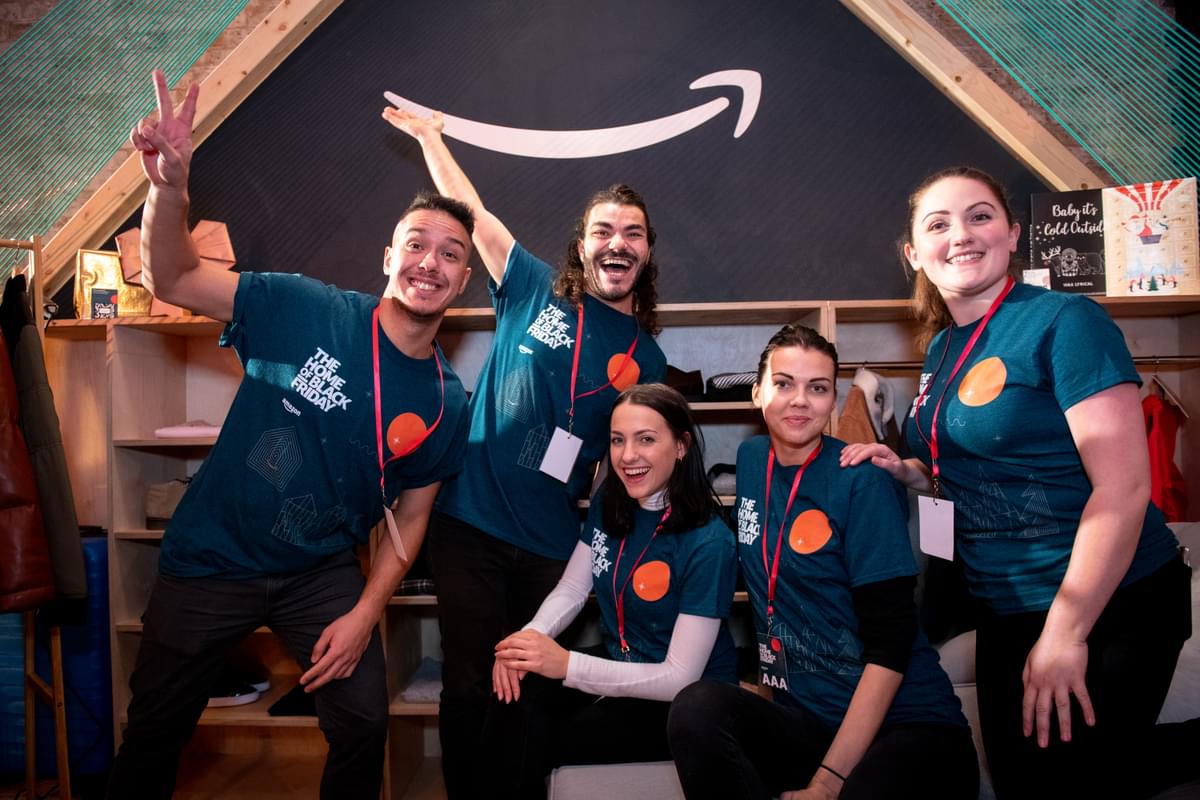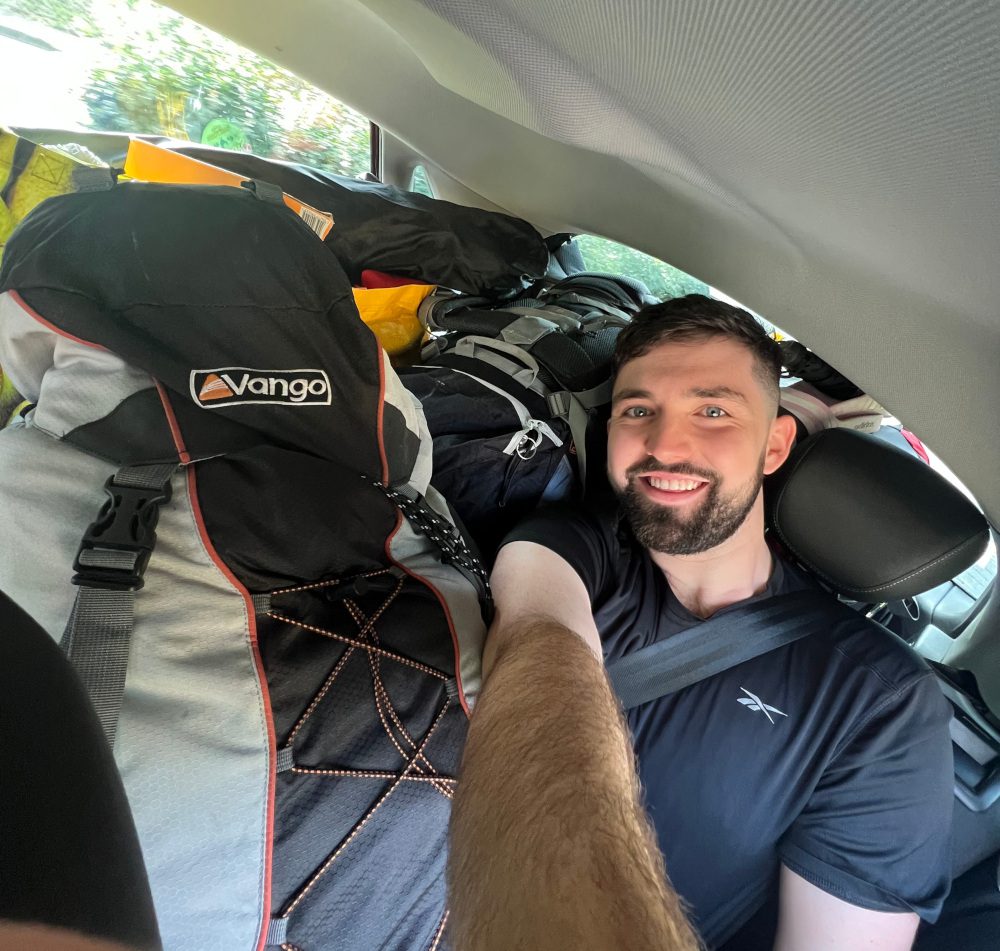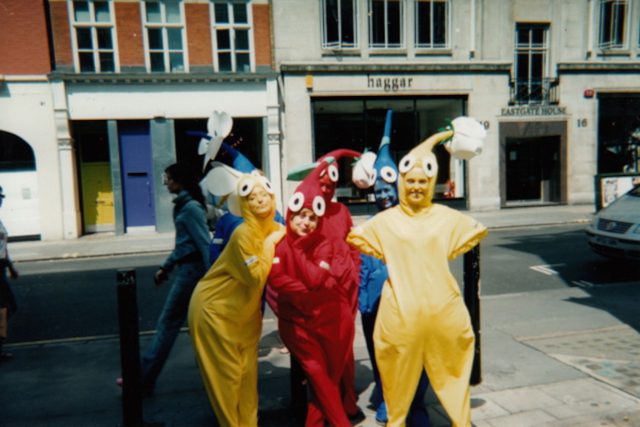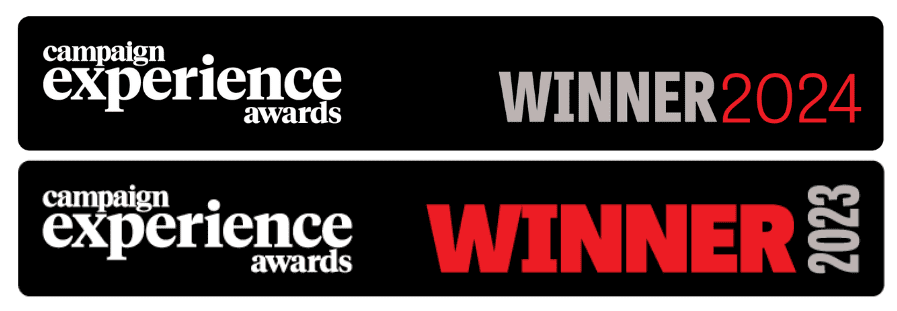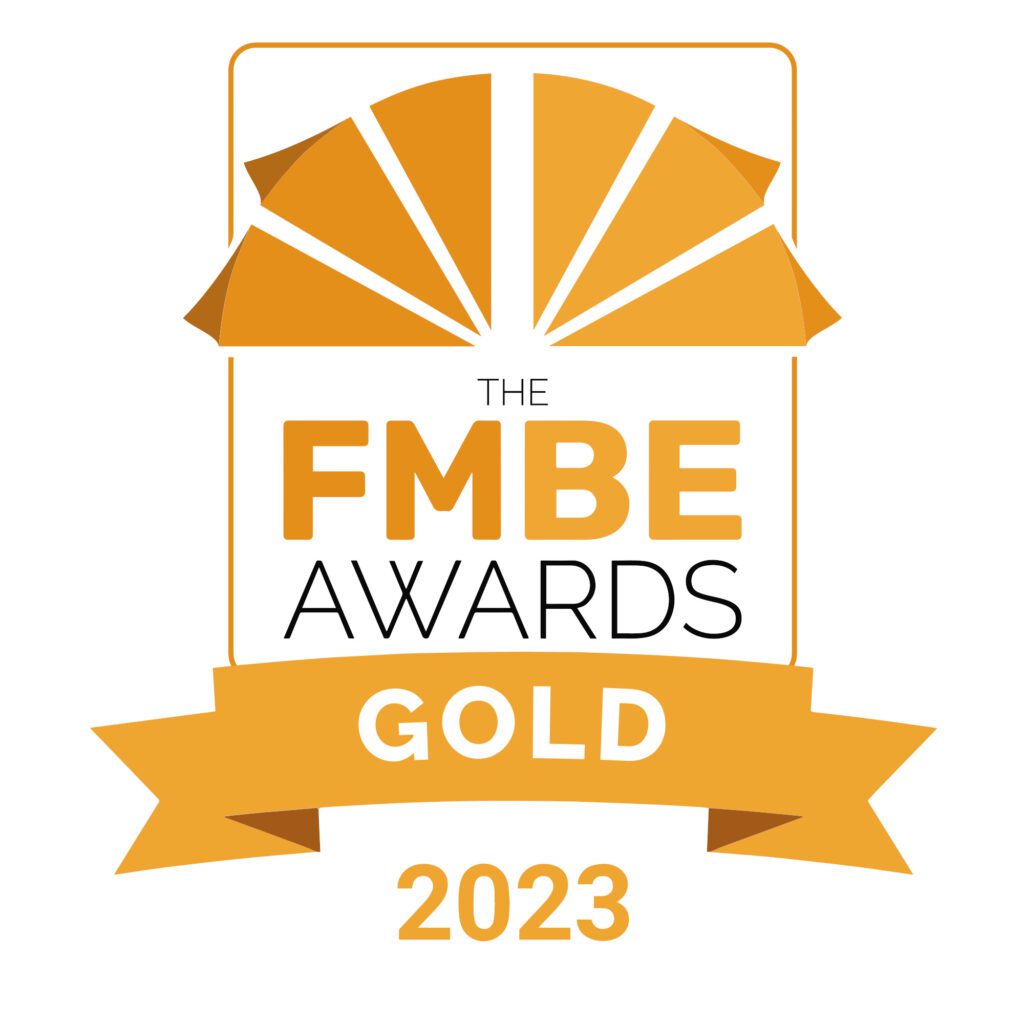Written by Laine Redpath
“We are constantly trying to look at the wider perspective of what we do within the events industry and the language we use as the orators of our clients brands. Engaging with consumers is an evolving aspect of the job and changes just as the technology we use changes and the consumers expectations change. As communications experts we seek to challenge the way our language is used to communicate brand ethos and tell their story. By thinking about how we use language in everyday situations we can refine our approach towards that human connection.” Clare Brind (Senior Account Director)
The Language that Lies Between Us
I don’t like to admit or think about how much of the days and nights I spend in a trance. Scrolling through feeds. I go to do something constructive, productive and the next thing I know it’s an hour later and I have no idea what I did in that time. But I suspect it has something to do with the ‘jade’ face roller I received a week later in the post. And the mail I start to get from a wellbeing coach… and the presence in my feeds now of endless reels involving people being terrified by toys coming alive.
What am I but a user? Who am I but a consumer? How much of our lives are we spending unconsciously like this? Reality truly is the story we tell ourselves (as the wellbeing coach I now get daily ‘elevations’ from assures me it is), because I am what I have been labelled: a user, a consumer, a follower, a data point. Are you?
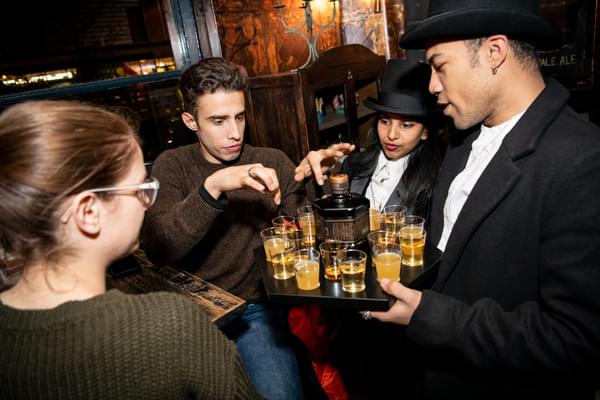

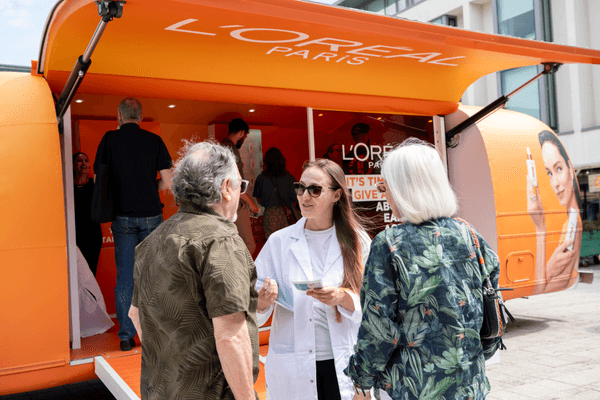
Why Words Matter
Language has so much power. Which is why we’ve retro-fixed so many of the words we use. Especially the labels. We’ve become a better society for it. My teenagers challenge me all the time in identity-based language that I hadn’t given a moment’s thought to. And I consider myself pretty, what’s the word, woke? A snowflake? (I’ll need to ask one of them – I can sense their eyes rolling from here). We are careful to add our pronouns to our socials. We are finally giving valuable attention to the language we use around gender, race and different-ability terms. And yet this irony that at the same time we are losing consciousness, going under for hours at a time in a sea of content. Being influenced by influencers and swallowed up by reels and stories. Having our data mined, scraped and drilled into.
Could Changing How We Refer To Consumers Who Engage With Our Products Pull Us Back From The Brink?
From the other side of the relationship, here where I sit writing for our brand activation agency, I become aware of the power of dehumanising language to create that accountability gap. As a white South African, I know how it works all too well. Politicians and governments of course use it to great effect. Using dehumanising language to describe those we want to oppress, dominate or manipulate, makes it easier to do. Makes the unacceptable acceptable.
When we, at HELs, talk about our core values we know at a visceral level that for us, it’s putting people first. Real people. It ensures that we are looking at names, email addresses and even brand logos, and seeing the person, not the end-user, the product, the influencer, the follower, the data point.
Does that sound lofty? Let’s be clear, this SOS comes from within the marketing industry. We’re not against selling products, obviously, we love brands. We love the exciting new and improved companies that now, more than ever, seem authentically motivated to be value-led and human-centric. We just believe that it’s time to reflect this at the point of sale. We need to reprocess how we speak about the people who spend their money on the things we offer them. Changing the language is the first step in bringing attention (that precious, fought-over resource) to the narrative. Changing words changes minds and goes some way to closing that accountability gap.
What could these new labels be? There are words on offer, like engagers, ambassadors, enjoyers even. I don’t know, let’s start the conversation!
The Time Is Now
It feels like we are at a crossroads. The pandemic was a time when we became hyper-aware of how important we are to each other, and how vital real human connection is to our wellbeing. It’s also a time that saw the development of AI speed up. So, we became simultaneously more aware of our need for connection and more dependent on our technology.
Being involved in activations and events puts us in a unique position to make space for genuine human connection. To bring individuals together for uplifting experiences utilising technology rather than hiding behind it. It allows us to do this even where sales is the ultimate goal. Of course everybody wants to make money, it would be disingenuous to pretend otherwise, but it needn’t be the only goal. The goal is connection, transforming awareness into loyalty and building relationships. And if those aren’t the goals, they should be. For everyones’ sake.
Let’s Mind Our Language
Personally – and my kids laugh at me for this – I am very polite to all AI I interact with. I say please and thank you and I use a friendly tone. Even when Alexa and I are having serious trouble with agreeing on song titles. Because I believe that one day it will have mattered. Like children learning through mimicking, the adults that impact them must take responsibility for what and how they show up. There’s a legacy story here. But I can see that it’s like that for me because I imagine Alexa as an individual. My son very clearly imagines Alexa as the code it is. My holding her in my mind as an individual and imagining that our relationship ultimately matters changes the way I communicate with her. And maybe that’s ridiculous. But it’s not ridiculous when it comes to holding the people we do business with in our minds as individuals and equals. It’s what will save us.
This article was written by Laine Redpath, the latest addition to our wider team at HEL’s. Laine is a copywriter (and mind-body therapist) based in Brighton. 01/02/2024

